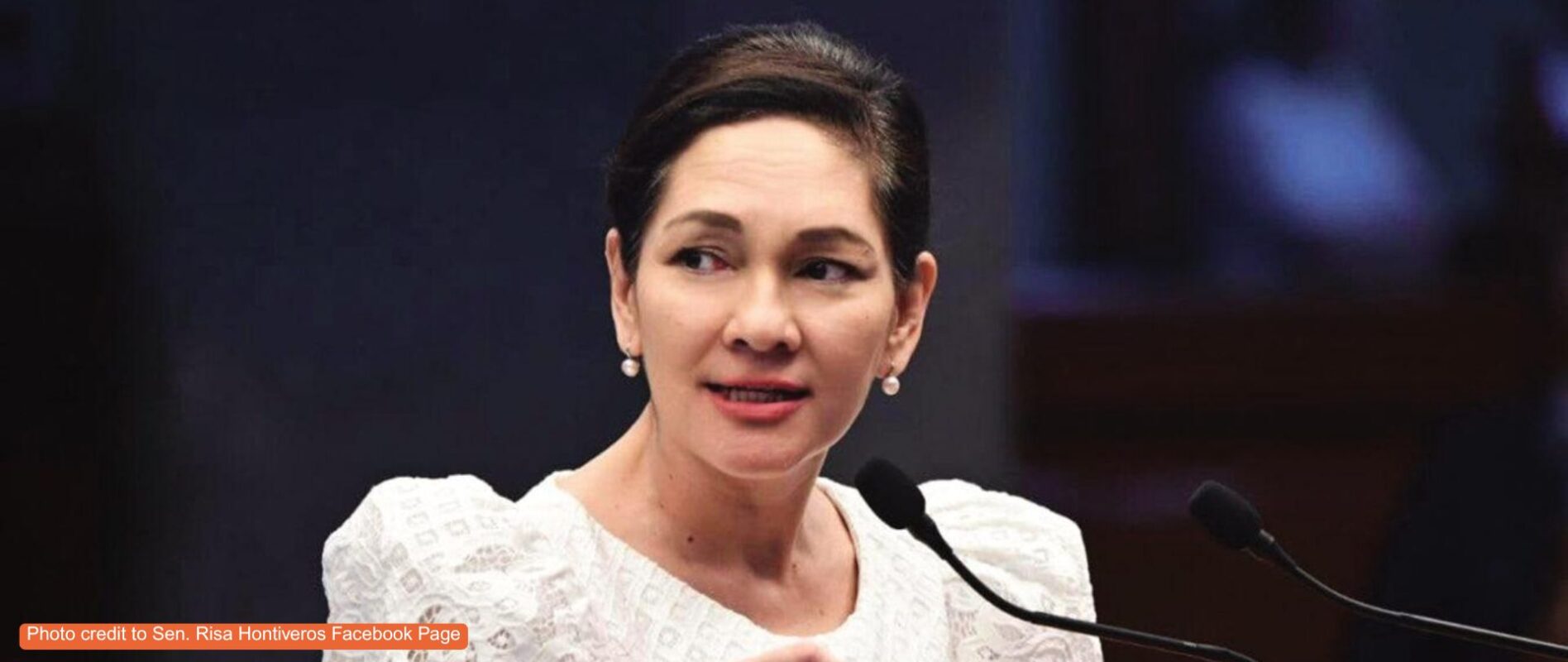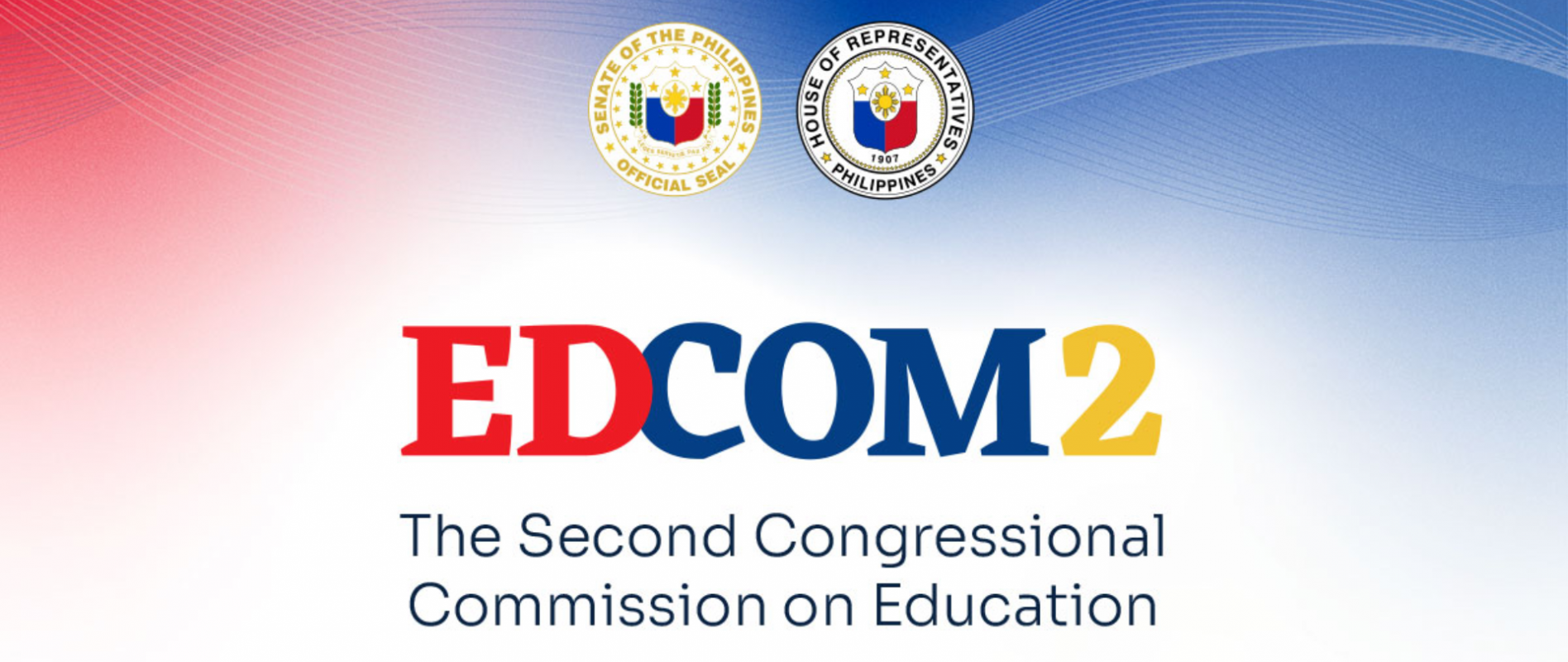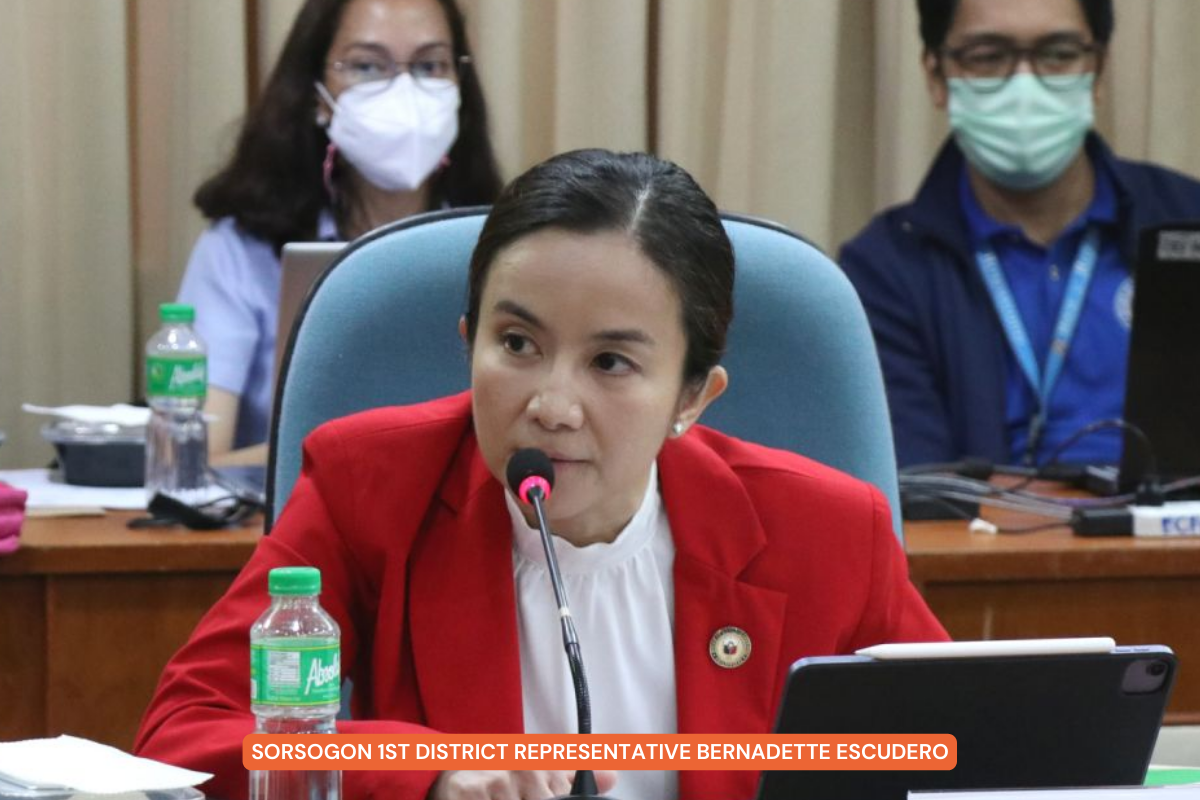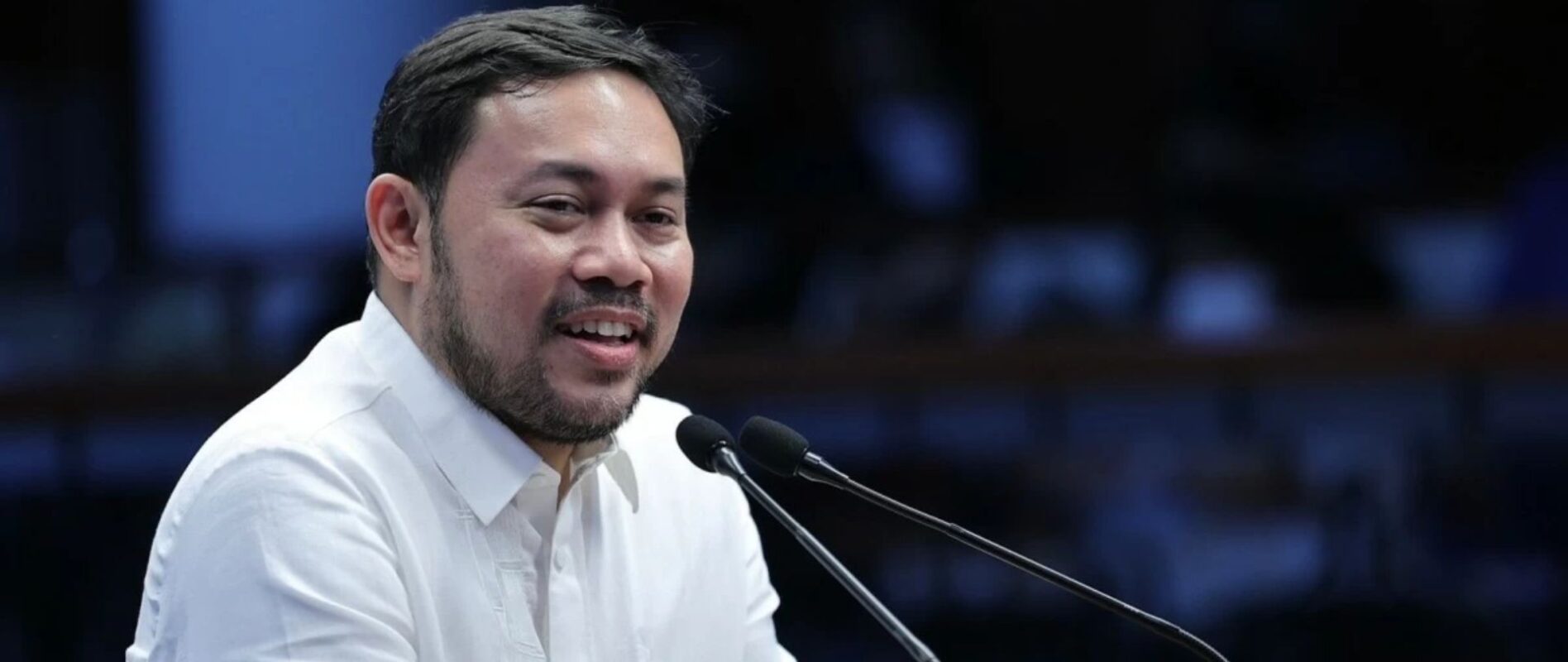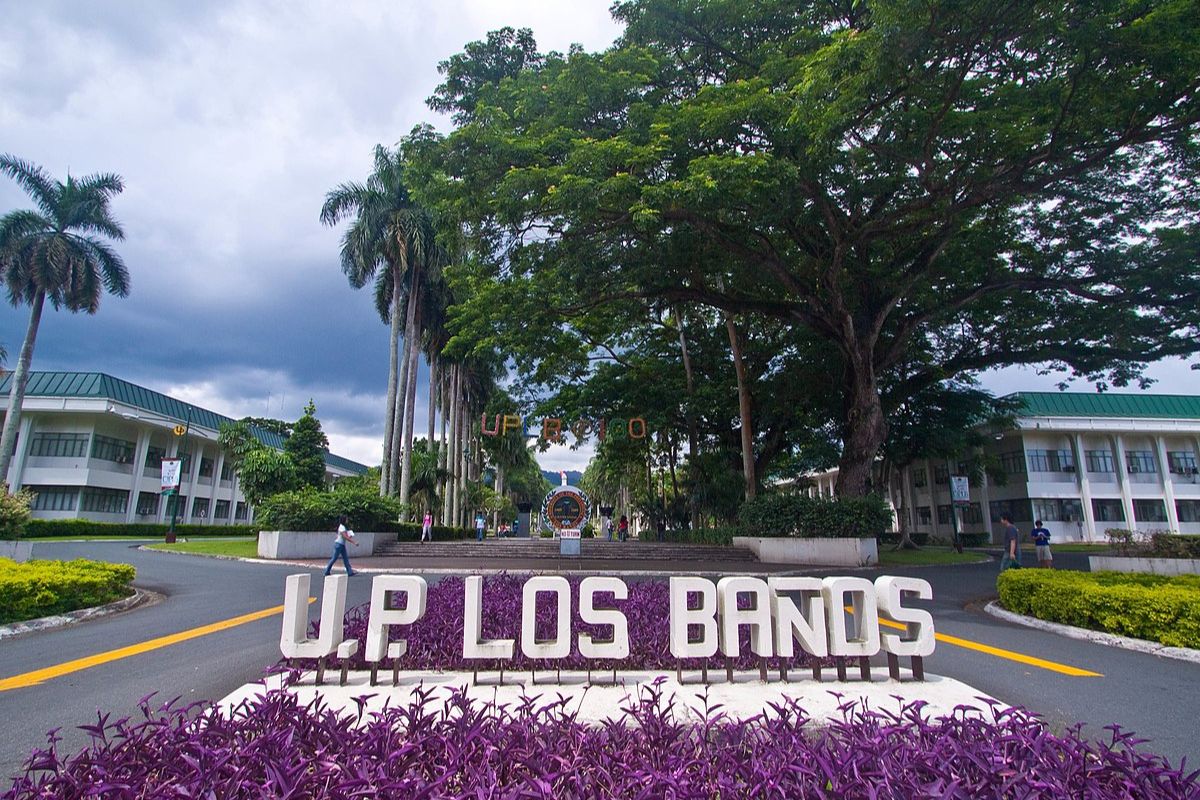ESCUDERO: ARAL ACT A MAJOR STEP IN ADDRESSING LEARNING POVERTY
President Francis “Chiz” Escudero hailed the signing of the Academic Recovery and Accessible Learning (ARAL) Program Act as a timely and essential step toward addressing the learning crisis in the country.
A priority measure of the Legislative-Executive Development Advisory Council, the ARAL Act aims to help learners who are below minimum proficiency levels in language, mathematics, and science catch up so they can continue with their education.
“Malaki ang magiging tulong nitong ARAL Program para matugunan ang matagal na nating problema tungkol sa mga mag-aaral na hindi makapagbasa nang maayos at hirap sa matematika at agham. Ang layunin nitong batas ay mabigyan ng magandang kinabukasan ang ating mga mag-aaral sa pamamagitan ng magandang edukasyon,” Escudero said.
Under the law, teachers, para-teachers, and pre-service teachers will tutor targeted learners from kindergarten to Grade 10.
ARAL will cover essential learning competencies under the K-to-12 basic education curriculum, focusing on mathematics and science for Grades 1 to 10, and science for Grades 3 to 10.
The program is also designed to accelerate recovery from learning losses caused by the pandemic.
“Proficiency in these essential learning competencies will serve as the foundation for individuals to become productive members of society. The completion of basic education is the key to unlocking opportunities for our learners, whether they pursue higher education or join the workforce using the skills they’ve acquired,” Escudero added.
The Department of Education (DepEd) will coordinate with the Commission on Higher Education (CHED), Technical Education and Skills Development Authority (TESDA), the Department of Information and Communications Technology (DICT), the Department of the Interior and Local Government (DILG), and other stakeholders in implementing the law.
Senate Committee on Basic Education Chair Sherwin Gatchalian sponsored Senate Bill No. 1604, co-authored by him and now Education Secretary Juan Edgardo Angara.


